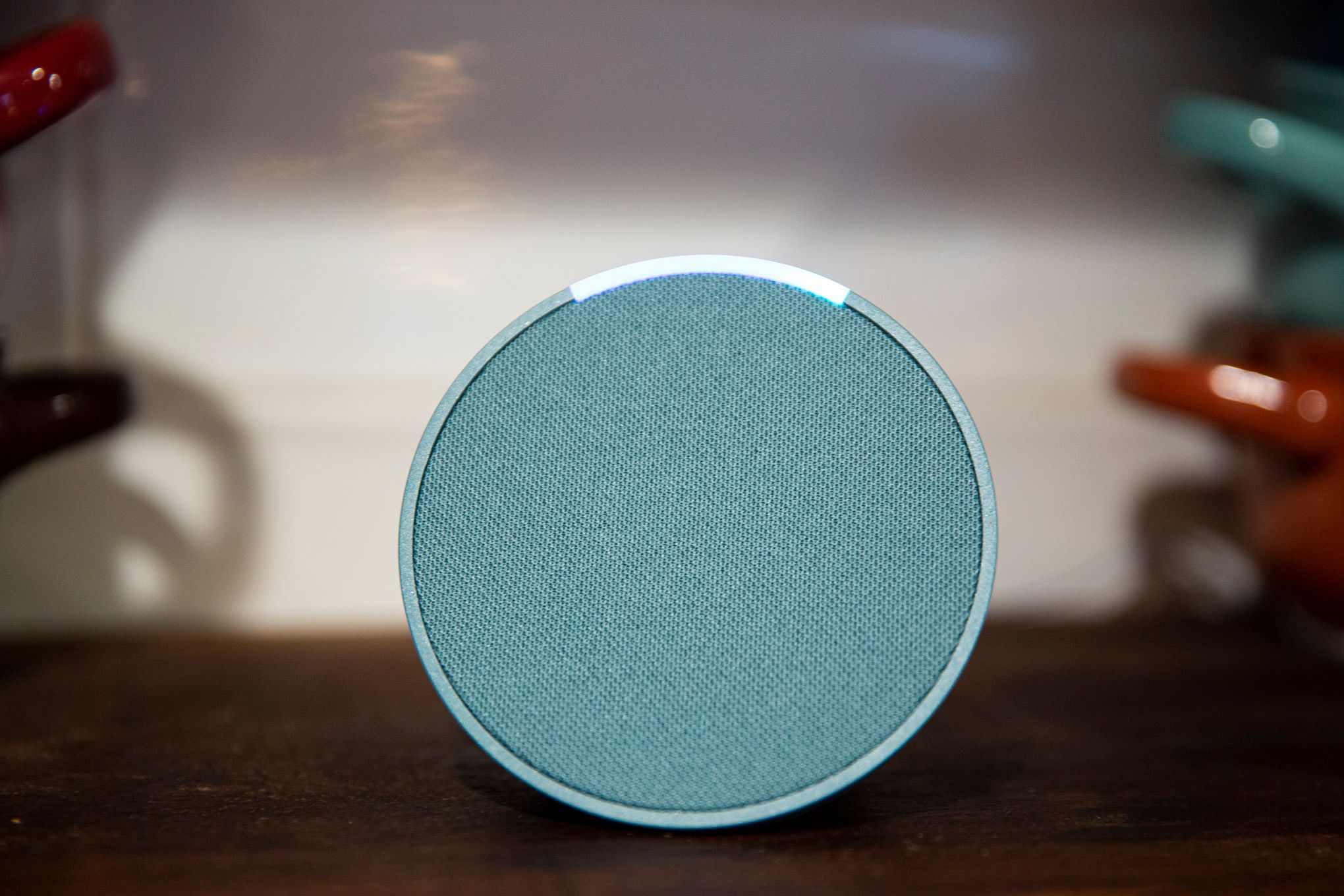Amazon just dropped the Echo Pop and Echo Dot to their best prices since summer Prime Day, beating those deals by arriving early for October's Prime Big Deal Days. The timing signals Amazon's aggressive push to dominate smart home holiday sales before competitors can react.
Amazon is making its play for the smart home holiday season, and it's starting with prices that undercut its own summer sales. The company just slashed the Echo Pop to $24.99 and fifth-generation Echo Dot to $34.99, marking the lowest prices since June and beating the deals from Amazon's summer Prime Day event. The timing isn't accidental - these cuts arrive a week before October 7th's Prime Big Deal Days kick off, giving Amazon a head start on holiday shopping season. What's particularly striking is that Best Buy and Target are matching these prices exactly, suggesting a coordinated retail strategy to capture early holiday shoppers. The Echo Pop represents Amazon's most aggressive entry point into smart homes at just $24.99. While it won't win any audiophile awards, the compact speaker handles basic Alexa tasks like controlling smart lights, setting timers, and answering questions with clear voice responses. The real story here is Amazon's integration of Alexa Plus, the company's new generative AI voice assistant that's currently in early access. According to The Verge's hands-on testing, results have been "hit or miss," but the feature signals Amazon's broader AI strategy competing with Google and Apple. The Pop also doubles as an Eero Wi-Fi extender, adding up to 1,000 square feet of coverage at speeds up to 100Mbps. That's a smart move by Amazon to cross-sell its mesh networking ecosystem while solving dead zone problems that plague many homes. The fifth-generation Echo Dot at $34.99 offers significantly more capabilities for the $10 premium. Built-in motion and temperature sensors can trigger smart home automations - imagine your bedroom fan automatically turning on when the room gets too hot. Amazon's example scenarios show they're thinking beyond simple voice commands to ambient computing that responds to environmental changes. Sound quality between the two models shows a clear difference according to The Verge's side-by-side review. The Dot delivers better bass response and overall audio performance, making it the better choice for casual music listening alongside smart home control. Both speakers support the same Eero network extension capabilities, maintaining Amazon's ecosystem play. The competitive landscape context matters here. has been pushing its Nest Audio and Mini speakers, while positions the HomePod Mini at $99. Amazon's aggressive pricing creates a massive value gap that could squeeze competitors during the crucial holiday shopping period. Industry analysts have noted that smart speaker adoption accelerates during Q4, making these October deals particularly strategic. Amazon's early deal launch also puts pressure on competitors to match or beat these prices before Prime Big Deal Days officially begins. The company learned from previous years that early pricing pressure can force competitors into reactive mode rather than setting market pace. For consumers, these deals represent genuine value in the smart home category. The Echo Pop at $24.99 provides an entry point that's hard to match, while the Echo Dot's sensor capabilities at $34.99 offer future-proofing for more advanced smart home setups. Both speakers integrate with thousands of compatible devices from plugs to thermostats to . The retail coordination across Amazon, Best Buy, and Target suggests this isn't just about clearing inventory - it's about establishing market dominance before holiday shopping peaks. When major retailers align on pricing this precisely, it usually indicates broader strategic planning around market share capture.











